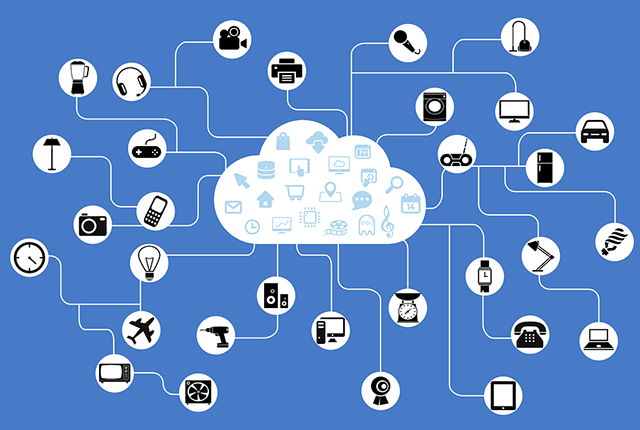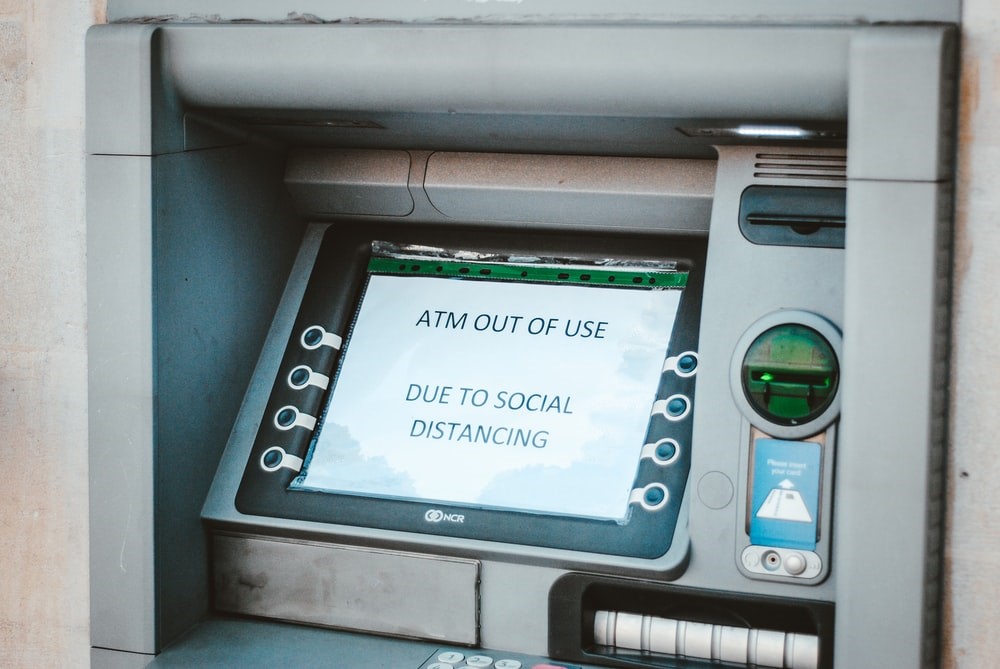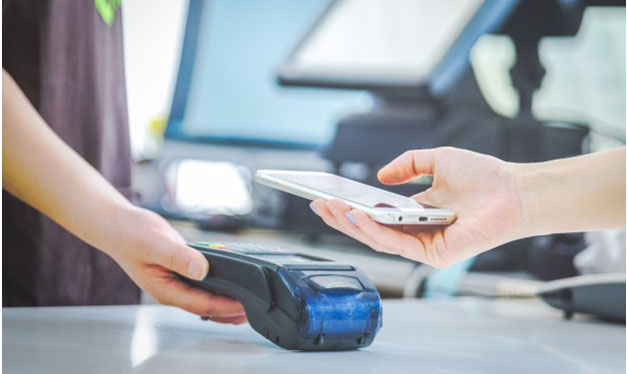The Impact of Coronavirus on the Financial Sector
15 April 2020
The world as we know it is experiencing an unusual period
due to the developing coronavirus crisis, and all sectors have been affected in
one way or another, some on a shallow level but others on a much deeper one. Everything
from retail and FMCG to entertainment, travel and leisure have felt the impact
of COVID-19, and each industry is dealing with its own set of unique
challenges.
Where the financial sector is concerned, these challenges
are found in multiple areas. Banks have much lesser opening hours and are
mostly serving a few customers at one time due to the imposed social distancing
precautions. This entails that other means of contact are seeing a surge in
their traffic, as anxious customers take to social media, online banking and
phone calls to try and reach their banks.
For FinTech companies, these times present significant challenges as well but also opportunities to be taken advantage of. Challenges include facing a drop-in demand of their applications due to rising concerns about people’s money in a climate of uncertainty, especially if these FinTech applications were not adopted before the Coronavirus. However, the obvious main advantage remains; the digital ecosystem is the way to go today, and FinTech companies are responsible for as critical an area as any; money.
Mobile payments, digital transactions and all the other
e-finance branches are providing a solid alternative to physical banking
interactions, and smart banks know that this is the time to make an alliance
with leading FinTech firms to take their business to the digital level. Many
FinTechs are also offering their services for free to consumers, as long as the
crisis is still developing.
In these uncertain times, FinTech entities need to represent
a sector that has met them with resistance in the pre-Coronavirus world, and
today we are seeing many traditional FIs partner up with many Fintech companies
and digital-only services. FinTech as a sector needs to ensure that its digital
infrastructure is robust enough to meet the high demands of a locked down
population, provide reassurance to their customers, respond to all their
questions in a timely manner and prove that they are worth their reputation,
all in hopes of earning the trust of consumers in a volatile period.
Tags
Coronavirus, COVID-19, digital finance, mobile payments, banks, FIs, partnerships, consumers, financial sector
related articles

Mr. Rami Aboul Naga, Deputy Governor of the Central Bank of Egypt,

Mutually Beneficial Partnership Scenarios for Banks and FinTech Companies

Financial Health is What FinTech Should Be Empowering

Can the Middle East Bloom Into A Global FinTech Hub?

Setting Digital Banking Transformation Priorities During a Pandemic

Can Blockchain Technology Affect Banking and FinTech?

The Challenges that FinTech Startups in Emerging Markets need to consider

Four FinTech Elements Affecting the Retail Banking Ecosystem

The Impact of IoT on FinTech & Banking

Shifting from Disruption to Innovation through FinTech Partnerships in COVID19 pandemic.

Going Cashless is the new way to go in a Post-Coronavirus Future

Relevance of Scheduling Apps for Bank Appointments is Skyrocketing

How is Banking Changing with COVID-19?

Customer Service Transformation has become a must in a Digital World

The Opportunities and Threats of FinTech during COVID-19

FinTech’s Critical Role in the Battle Against the Coronavirus

6 Benefits of Blockchain Technology in Finance

Singapore FinTech Festival 2019: A Meeting of the Minds

‘Travelex Business’ Launched as New B2B FinTech Platform

Visa showing refreshed interest in FinTech

5 Mobile Trends To Transform The Future Of Payments

Bahraini Bank ABC pioneers e-KYC Capability in the Middle East

Bridging the credit gap through crowdfunding


 0
0
 3.3k
3.3k 



Comments